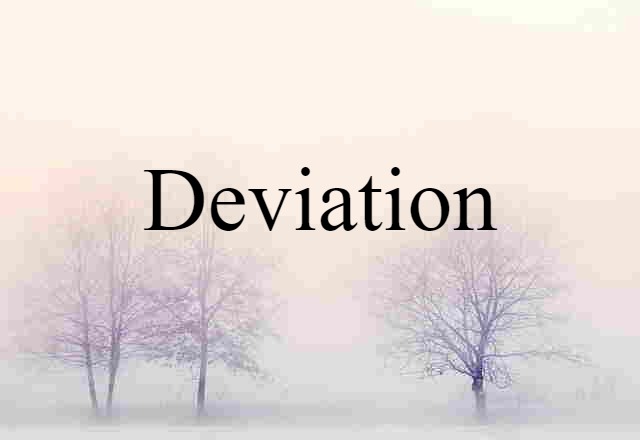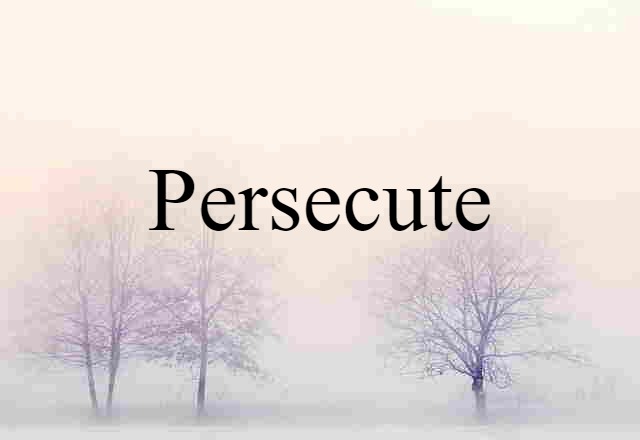- Law.
- defamation by written, printed, or broadcast words or pictures: Intentionally or knowingly posting content that constitutes libel is prohibited.
- the act or crime of publishing or broadcasting a defamatory statement:The author was convicted of libel and sentenced to a yearlong jail term.
- a formal written declaration or statement, as one containing the allegations of a plaintiff or the grounds of a charge.
- anything that is defamatory or that maliciously or damagingly misrepresents: He blames me for his getting kicked out of school, so he spread this libel against me in revenge.
- to publish or broadcast a libel against: The journalist received a suspended three-year prison sentence for allegedly libeling the president in an online article.
- to misrepresent damagingly: So it's just fine to smear and libel the writer, but it's not okay to call someone out for doing so?
- to institute suit against by a libel, as in an admiralty court.
- law
- the publication of defamatory matter in permanent form, as by a written or printed statement, picture, etc
- the act of publishing such matter
- any defamatory or unflattering representation or statement
- a claimant's written statement of claim
- the formal statement of a charge
- to make or publish a defamatory statement or representation about (a person)
- to misrepresent injuriously
- to bring an action against (a person) in the ecclesiastical courts
















